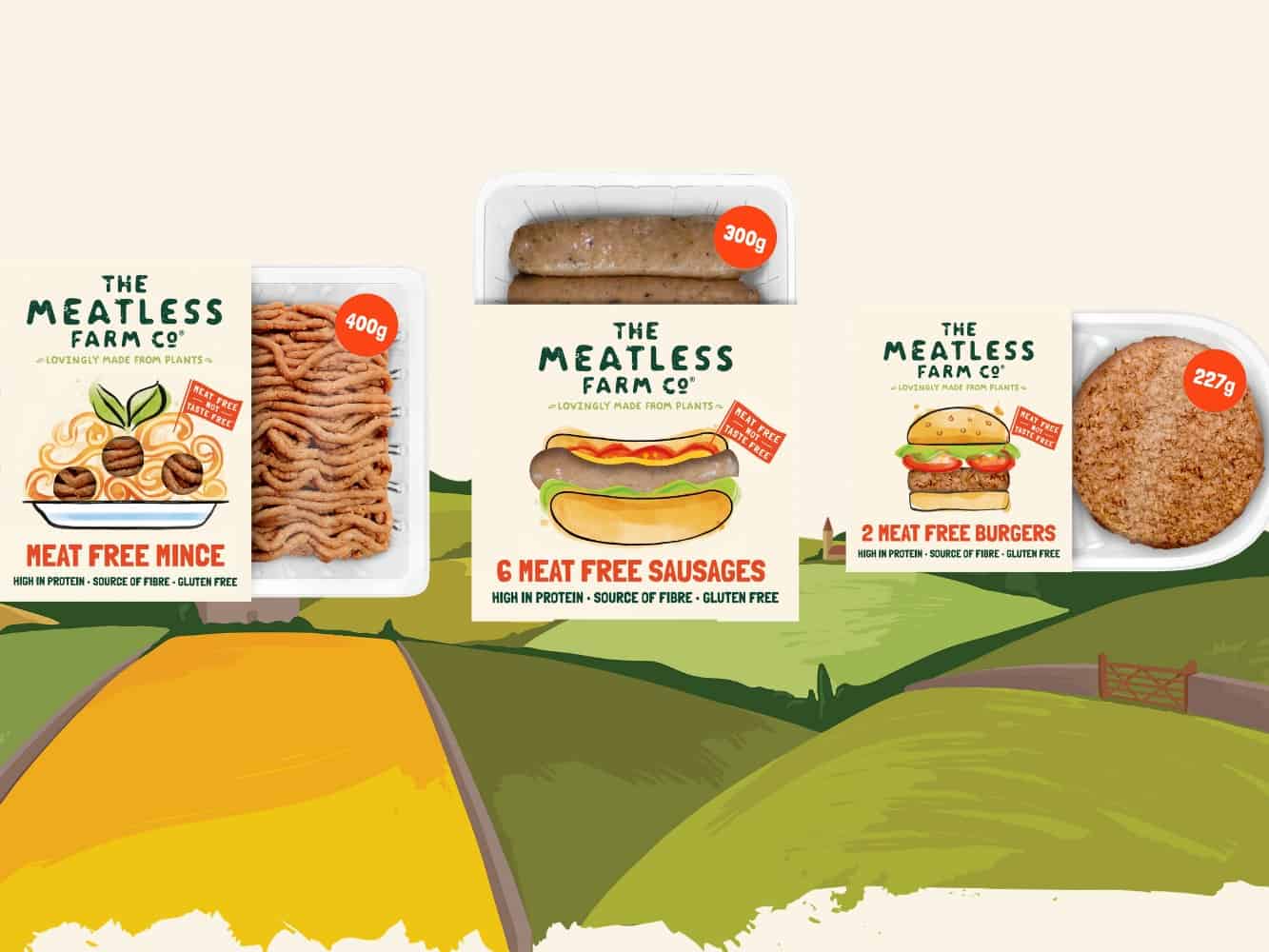Study Shows ‘Healthy’ and ‘Sustainable’ Labels Outperform ‘Vegan’ in Consumer Choice – vegconomist

A new study involving 7,341 randomized US participants, conducted as part of the Understanding America Study (UAS), has revealed that food products without meat and dairy are more likely to be chosen when labeled as “healthy” and “sustainable” rather than “vegan” or “plant-based.”
The study participants were asked to choose between a gourmet food gift basket without meat or dairy products and another containing meat and dairy products, with the former being labeled in one of five ways: “vegan,” “plant-based,” “healthy,” “sustainable,” or “healthy and sustainable.” The results were telling: only 20% and 27% of participants opted for the basket labeled “vegan” or “plant-based.” In contrast, labels emphasizing benefits — “healthy” (42%), “sustainable” (43%), and “healthy and sustainable” (44%) — significantly increased the likelihood of choosing the meat and dairy-free option.
These findings were consistent across various socio-demographic groups but were more evident among individuals who identify as red meat eaters, showcasing the potential of benefit-focused labeling to shift dietary habits towards more environmentally friendly and healthier options.

Comparison with previous studies
Just a few months ago, a study by the University of Queensland reported similar findings, sayings that terms such as “vegan,” “vegetarian,” and “meat-free” are off-putting to meat-eaters, who feel that these dishes are not intended for them, or that they will be bland and lack flavor. Even among students, there is often hesitation to select foods marked as vegan, perceiving them as exclusive to those who follow a vegan lifestyle, according to Skye Grundy of the School District of Manatee County.
The new research underscores the importance of moving beyond the content-focused labeling (“vegan” or “plant-based”) that may carry certain stereotypes or negative perceptions. Previous studies, including those done by Kerry and YouGov Australia, have indicated a reluctance among some consumers to choose vegan-labeled products due to doubts about taste and satisfaction.
Funded by the USC Wrigley Institute for Environment and Sustainability and supported by the National Science Foundation and the USC Schaeffer Center for Health Policy and Economics, this study suggests that the way food is labeled can significantly influence consumer choices, presenting strategies for food marketers and policymakers.
Find the complete study here.




